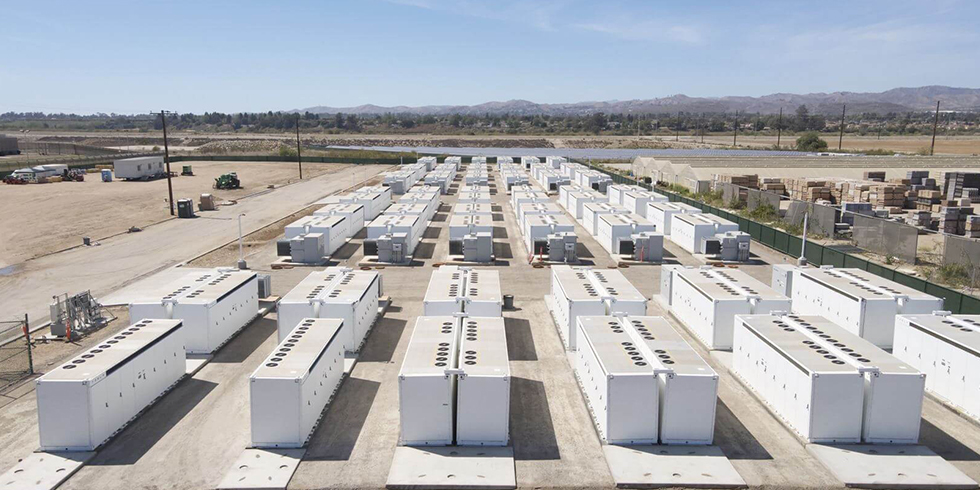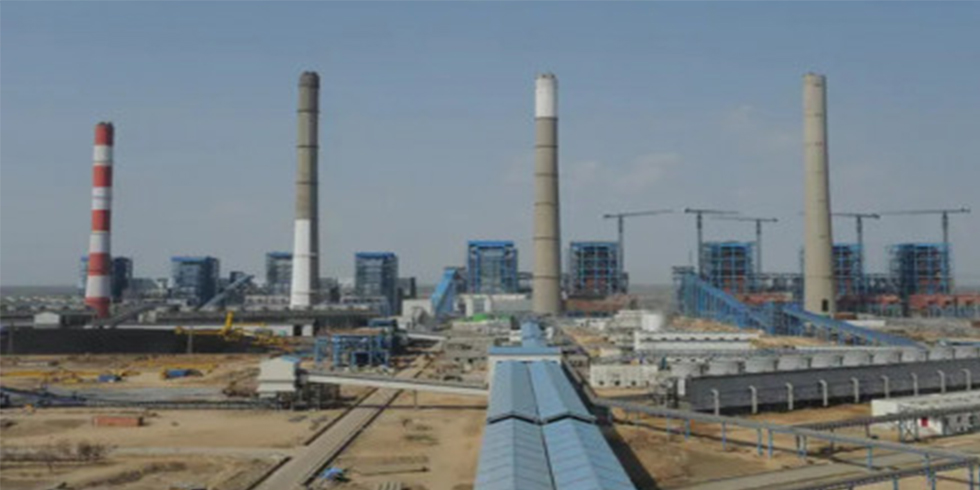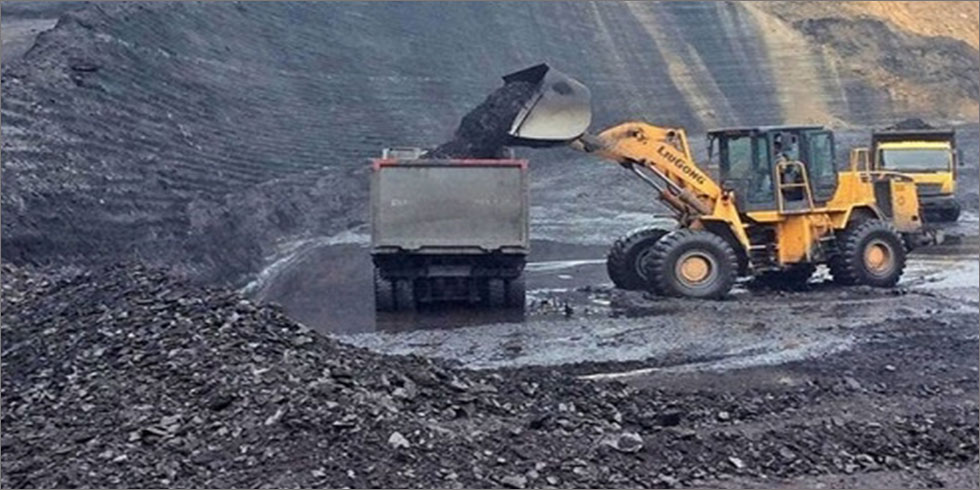Over the next two years, the Maharashtra Electricity Regulatory Commission (MERC) has given its approval to Tata Power, an integrated power firm in India's private sector, to develop a 100 MW battery energy storage system (BESS) in Mumbai.
Ten strategically chosen locations, particularly close to load centers throughout Mumbai Distribution, will house the full 100 MW system, which will be centrally monitored and managed from Tata Power's Power System Control Center.
According to Tata Power, in the event of grid disruptions, the BESS's sophisticated ‘black start’ will allow for a quick restoration of power supply to vital facilities, such as the metro, hospitals, airport, and data centers. This will improve Mumbai's electricity network's resiliency and stop widespread blackouts. By facilitating peak load control with its high ramp-rate capability, the BESS will provide a steady and balanced power supply even during times of heavy demand.
The BESS will further increase grid stability by providing ancillary services like voltage support and frequency regulation in addition to improve grid reliability. By storing excess daytime electricity and making it available during periods of high demand, it will also facilitate improved solar energy usage, guaranteeing the best possible integration of renewable energy sources.
In order to improve operating efficiency, future plans call for integrating BESS into the Distributed Energy Resource Management System.
Three tiers of temperature monitoring and fire suppression systems at the rack, module, and cell levels will be incorporated into the BESS to lower the likelihood of fire threats. The system's excellent round-trip efficiency and low auxiliary usage will improve operating performance and prolong the life of the storage system.
Tata Group's, Tata Power Co. Ltd. has a diverse portfolio of 15.6 GW that covers the whole power value chain, from the production of conventional and renewable energy to transmission, distribution, trading, storage solutions, and solar cell and module manufacture. The production of clean energy makes up 43% (6.7 GW) of its entire capacity.











Add Comment